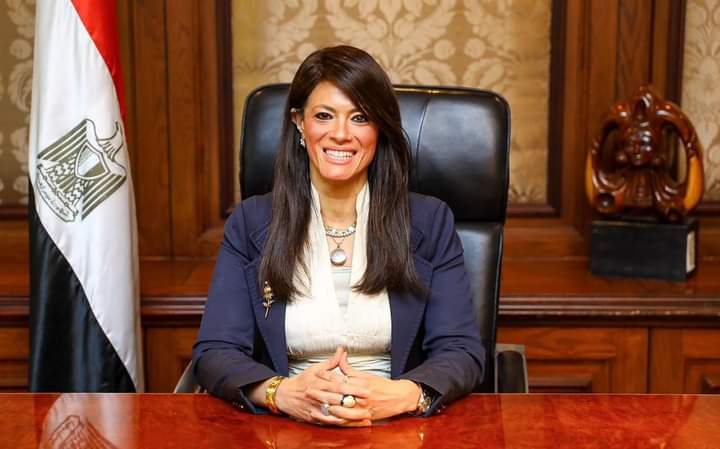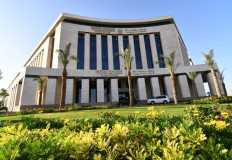
Dr. Rania Al-Mashat, Minister of Planning, Economic Development and International Cooperation and Governor of Egypt to the World Bank, She commended the final statement issued by the African Group of Governors of the World Bank Group and International Monetary Fund. The meeting, held in Abuja, Nigeria, from August 1-3, 2024, focused on "Facilitating Intra-African Trade as a Catalyst for Sustainable Development in Africa." Sponsored by Nigerian President Bola Ahmed Adekunle Tinubu and chaired by Finance Minister Wally Edun and Nigeria's IMF/World Bank Governor, the event was attended by the Ministry through its Central Administration for Multilateral Development Cooperation and Financing.
The final statement outlined four
key areas to boost intra-African trade: (1) strengthening and digitizing the
continent's payment systems; (2) improving energy access and affordability; (3)
maximizing partnerships with multilateral development banks; and (4) reforming
the global financial architecture. Given escalating geopolitical tensions, the
statement urged Bretton Woods institutions to support member states impartially
and neutrally, consistent with their own policies.
She emphasized the need to overhaul
the global financial system and strengthen partnerships with multilateral
development banks to bolster African trade. She highlighted that increased
intra-African commerce is essential for driving economic growth and fostering
comprehensive, sustainable development.
The statement emphasized the need
to strengthen Africa's comprehensive payment system through digitalization,
enhance regional financial market integration, and promote cross-listings of
securities to boost investment. By accelerating financial integration and
diversifying asset allocation, the statement aimed to address liquidity
challenges that have hindered trade and investment on the continent.
The statement emphasized the
urgent need for all African Union member states to adopt the Pan-African
Payment and Settlement System (PAPSS). It called on multilateral development
banks to support this initiative by strengthening Africa's payment
infrastructure and digital platforms, enabling all countries to fully benefit
from the African Continental Free Trade Area (AfCFTA).
The statement also emphasized the
importance of developing robust regional ICT infrastructure, coupled with
strong institutional, technical, and human capacities within governments. It
called for increased private sector investment to strengthen existing payment
systems, exploring cost-effective cross-border transactions, interoperability,
and data analytics. Enhanced security protocols are essential to protect
against fraud, money laundering, and cyber threats, enabling swift responses to
cyberattacks.
It also emphasized expanding
innovative investments in digital infrastructure to dismantle technological
barriers and foster technological advancements. This would create an effective
payment infrastructure and robust payment solutions that meet standards of
efficiency, accessibility, manageability, and flexibility.
On the other hand, The final
statement underscored the critical importance of accelerating Africa's energy
access. It called for intensified technical assistance and financing, and full
commitment to the World Bank, African Development Bank, and United Nations
initiative to electrify 300 million Africans by 2030. The statement emphasized
the need to double investments in transportation and energy infrastructure,
improve the regulatory and legal environment for attracting private energy
investment, and leverage partnerships with multilateral development banks. This
includes securing concessional financing, promoting innovative financial tools,
and collaborating with African development banks and think tanks.
The statement addressed the urgent need for sustainable debt solutions to create fiscal space for developing countries. This would allow for effective investment in Sustainable Development Goals, financial stability, and reforms to attract private investment. The statement emphasized the crucial role of the International Development Association (IDA) in providing concessional financing, particularly to sub-Saharan African countries. This support is vital for addressing pressing challenges such as climate change, food insecurity, energy and water scarcity, digital transformation, and regional integration.





